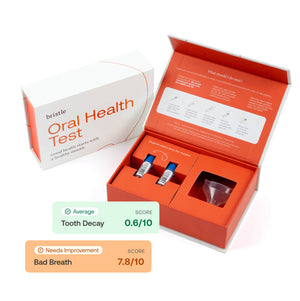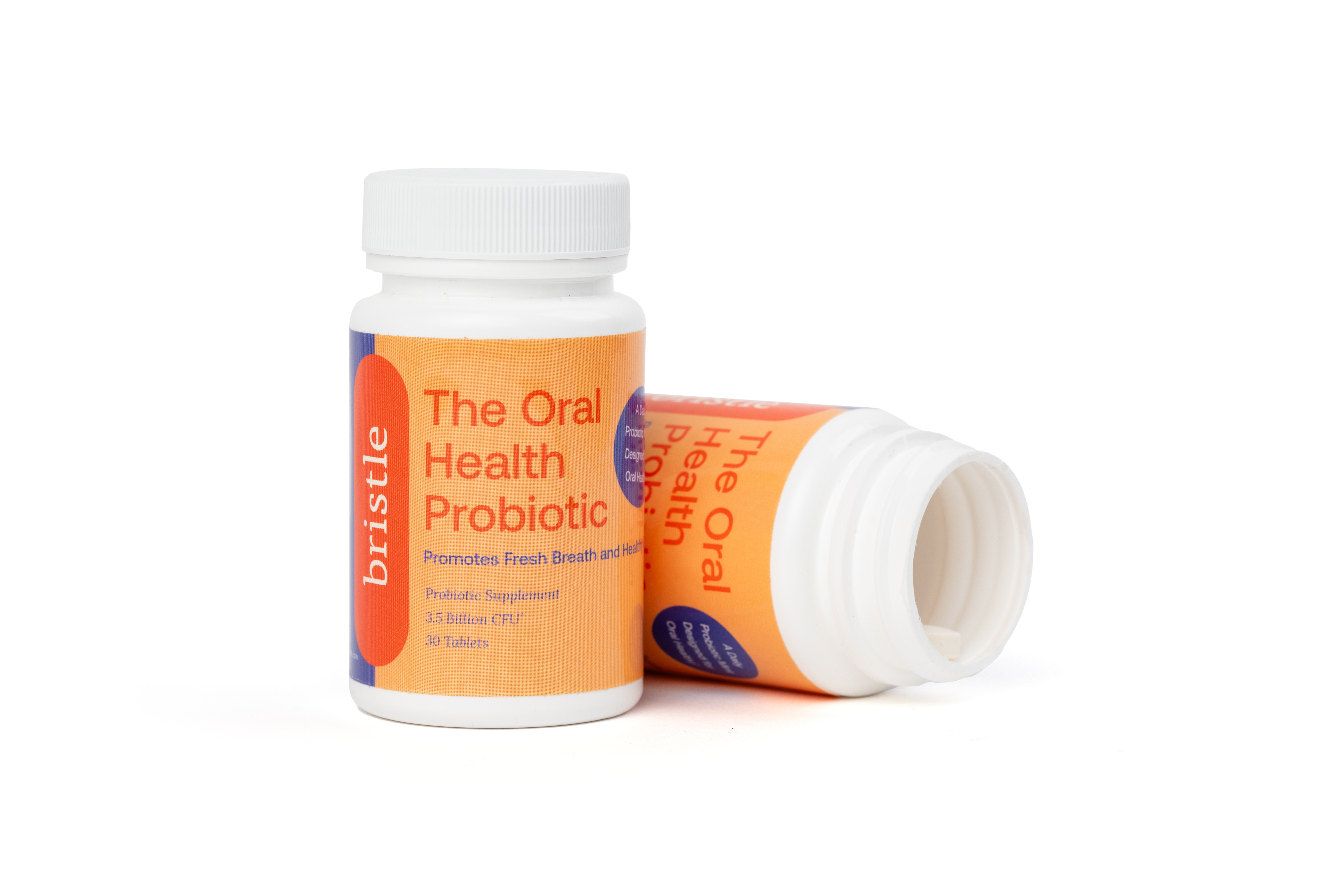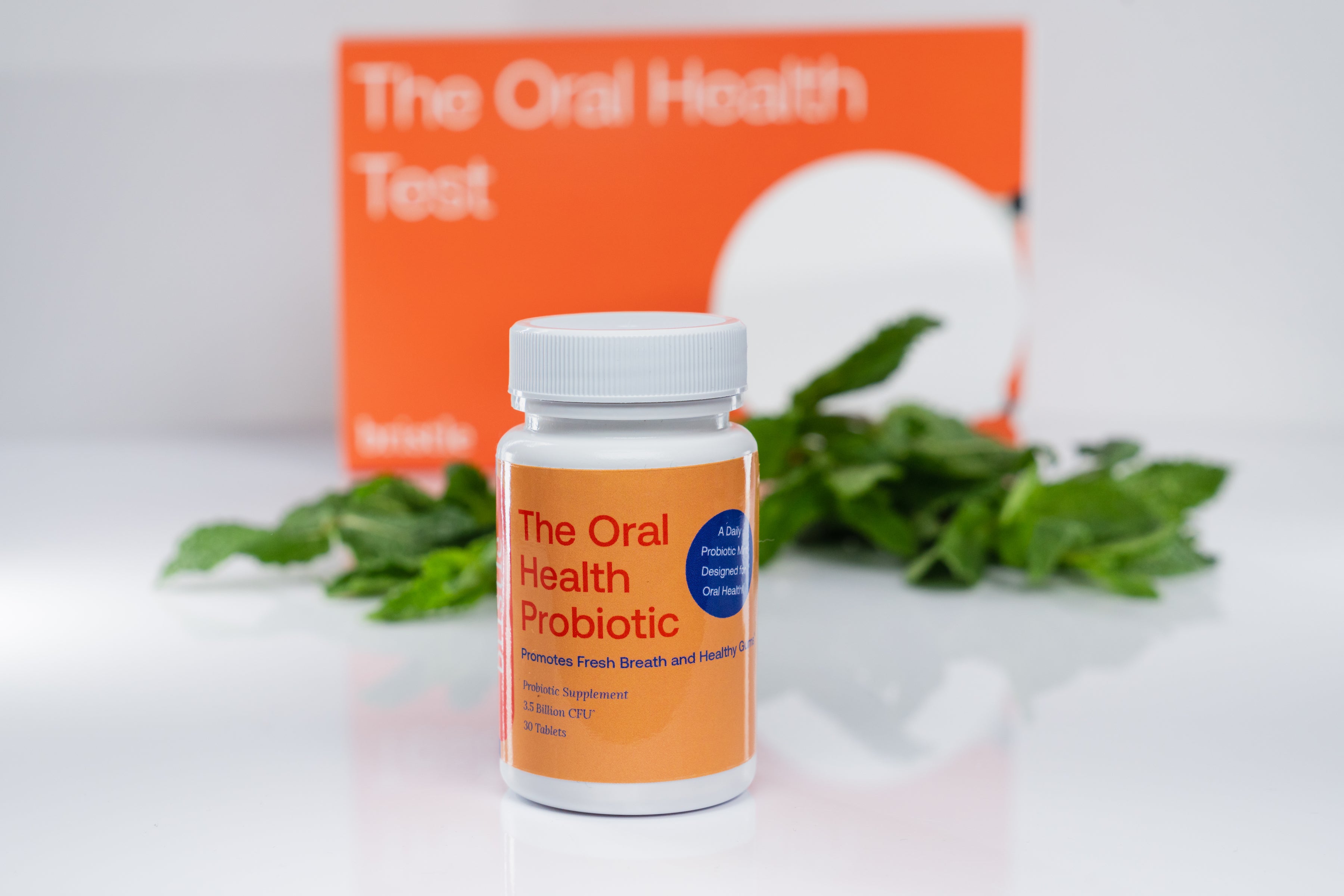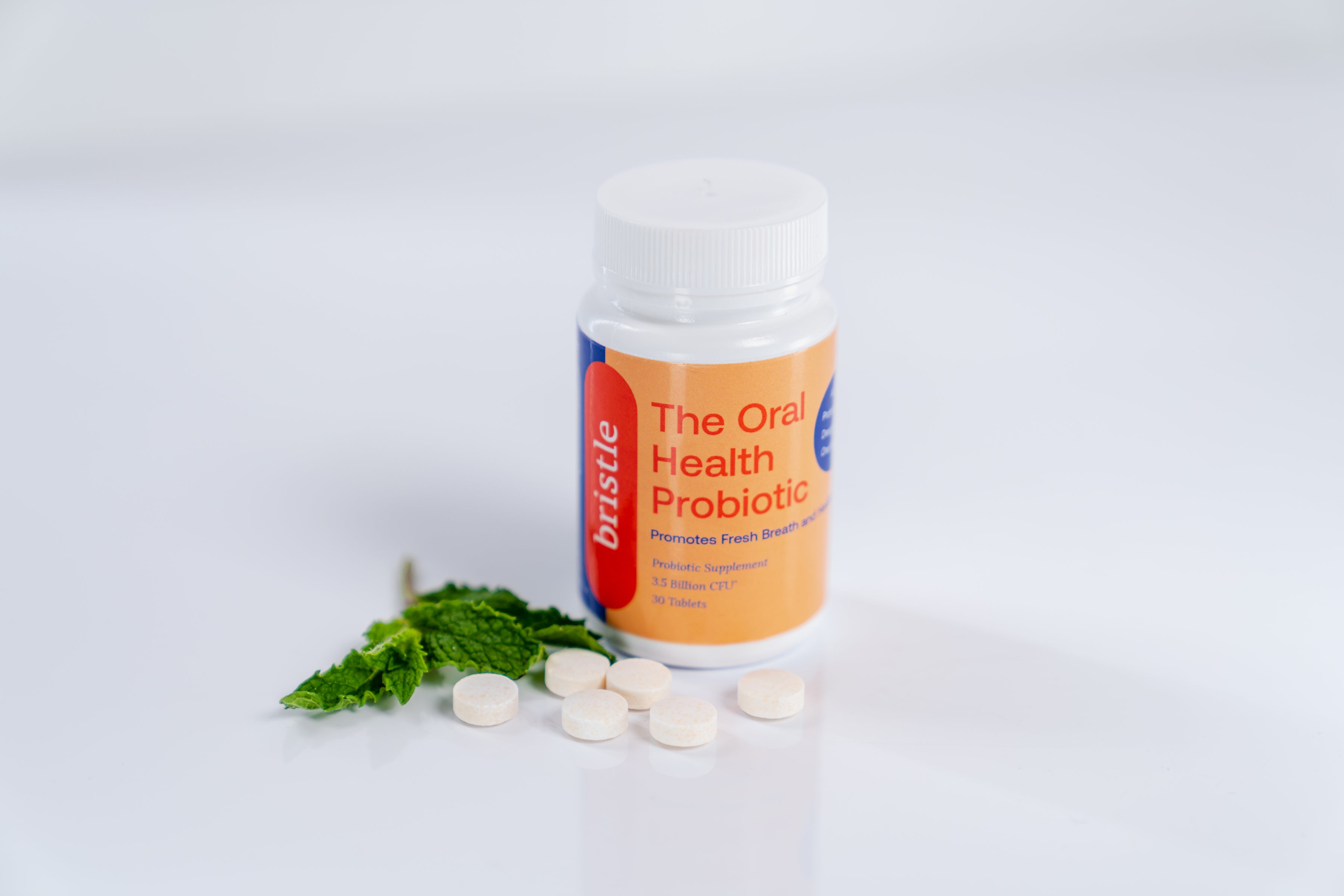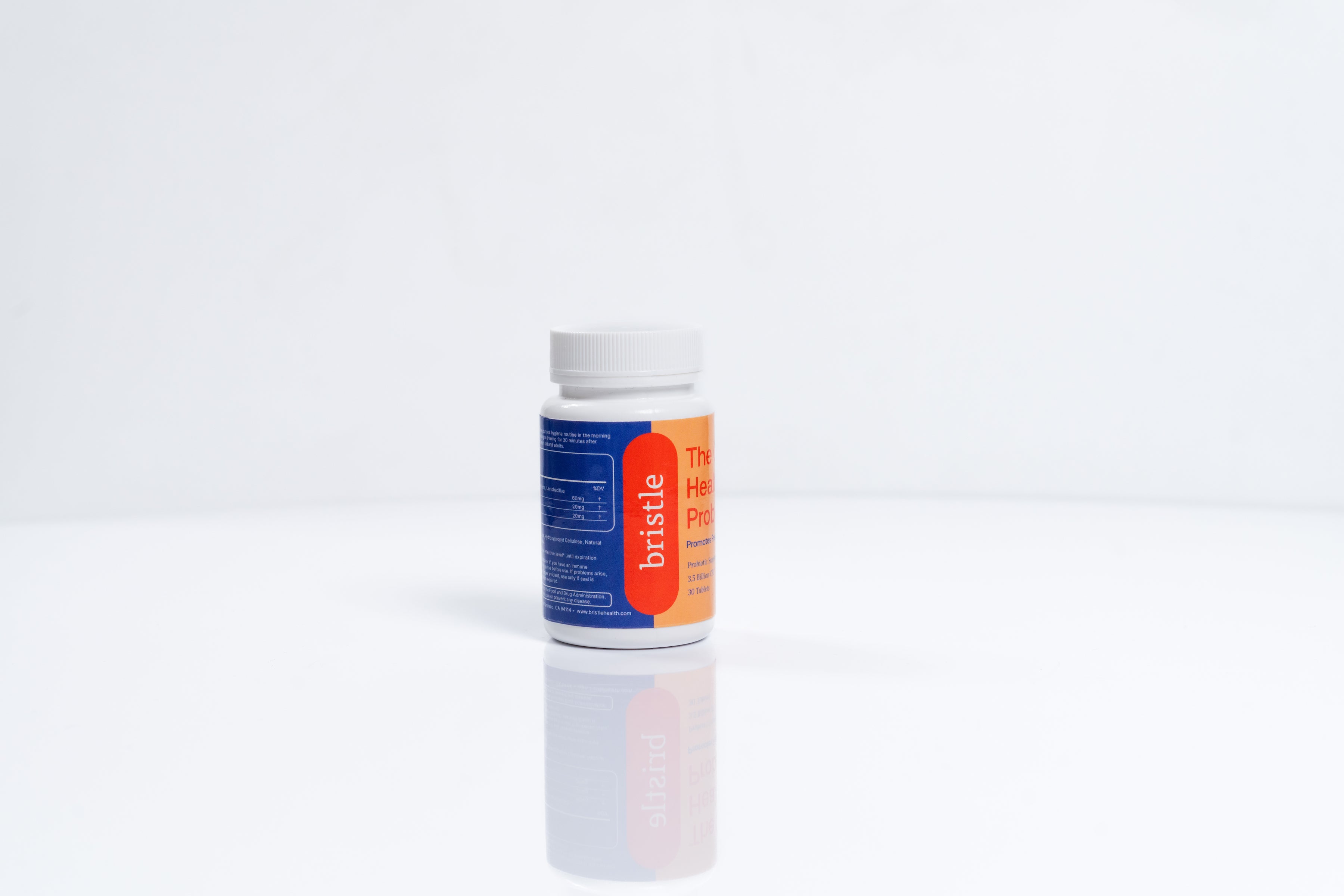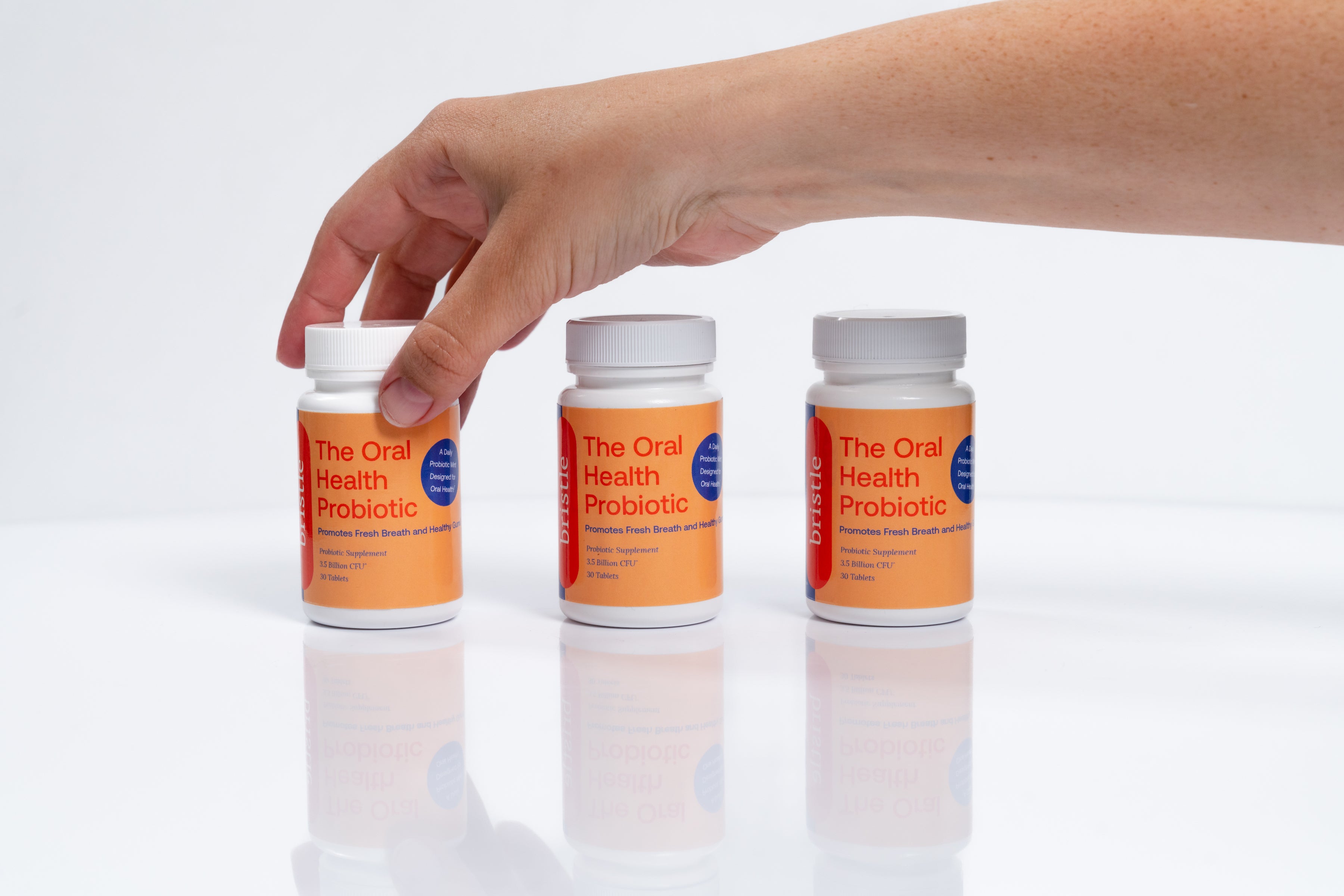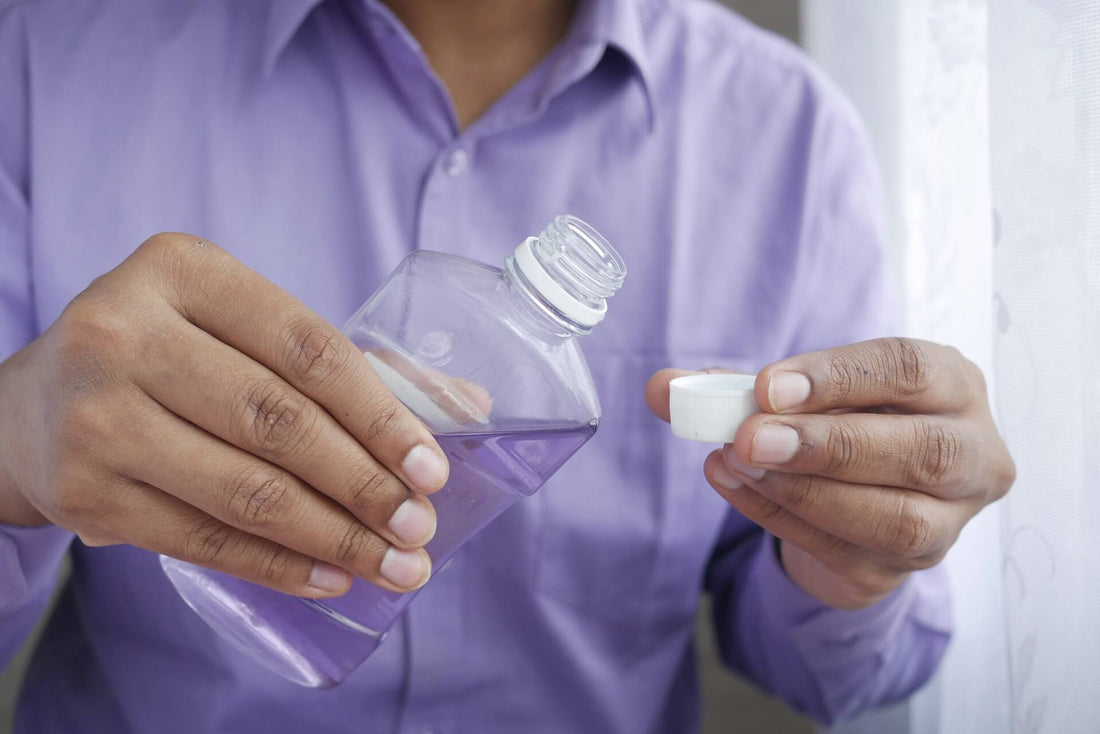Erythritol is a sugar alcohol commonly used as a sugar-free substitute sweetener. In this article we’ll discuss use cases for erythritol in oral care products, its efficacy, and potential side effects.
Impetus
Recently (February 2023), a study found a correlation between erythritol levels in blood and heart attack. Does this mean that erythritol isn’t safe? Or that it shouldn’t be used in for oral health? As always, let’s look at the research.
Erythritol for oral health
Erythritol can be found in some mouthwashes and toothpastes, and in some cases may be beneficial for your oral health. Here’s a summary of research regarding the effect of erythritol for your teeth and gums.
Erythritol for gum health
One study in 2022 found that erythritol powder air-polishing was neither beneficial nor harmful as a supportive therapy for patients undergoing treatment for periodontal disease.
https://pubmed.ncbi.nlm.nih.gov/35888585/
Another meta-analysis found that erythritol was beneficial as a supportive therapy, and patients who underwent erythritol treatment had improved periodontal health compared to those who did not.
https://pubmed.ncbi.nlm.nih.gov/34318577/
Erythritol may also have some beneficial microbial effects, as it was found to inhibit the growth of periodontal pathogens, though this study was carried out using species that affect dogs, not humans. https://pubmed.ncbi.nlm.nih.gov/35575772/
Erythritol for tooth health
Erythritol also has similar effects to other sugar alcohol alternatives like xylitol, and may be able to reduce caries-causing pathogens like Streptococcus mutans and Streptococcus sobrinus.
One study found that the erythritol anti-caries effect is similar to that of xylitol after short-term topical use. https://pubmed.ncbi.nlm.nih.gov/29355418/
In another study, erythritol was superior to xylitol in preventing caries, but this effect was not consistent throughout multiple studies that compared erythritol to xylitol, though both xylitol and erythritol had an effect on reducing the risk of dental caries. https://pubmed.ncbi.nlm.nih.gov/24852946/, https://pubmed.ncbi.nlm.nih.gov/27806364/, https://pubmed.ncbi.nlm.nih.gov/27635141/, https://pubmed.ncbi.nlm.nih.gov/22193650/, https://pubmed.ncbi.nlm.nih.gov/21951305/
Erythritol and cardiovascular health
So let’s break it down - one highly discussed publication from February 2023 described a phenomenon where people with high levels of erythritol in their plasma were more likely to have a heart attack or stroke. As expected, ingesting erythritol leads to increased levels of circulating erythritol. The authors also describe a potential mechanism of action, where erythritol can lead to platelet activation, which causes clotting and can cause stroke and heart attack.
However, there are a number of important factors to consider:
- The participants in the study were high risk for cardiac events or being monitored for cardiac events.
- Nutritional variables are difficult to tease apart. Patients with high levels of erythritol could have deficiencies in other metabolites due to differences in nutrition or metabolism.
- The association between circulating erythritol and cardiac risk does not indicate causation, through the authors provide multiple pieces of evidence to suggest it.
Factors to consider when using erythritol for oral health
So does this impact the way erythritol should be used for oral health? Perhaps, but mostly for people with existing cardiac issues. However, for the generally healthy there is a low probability that erythritol used for oral health (usually in low doses in lozenges or chews) would lead to substantial increases in circulating erythritol. Importantly, many oral health products contain topical erythritol in low doses that would have a lesser effect on circulating erythritol.
Importantly, xylitol has been a staple in oral care for its positive effects on the oral microbiome and preventative potential for gum disease, tooth decay, and halitosis. Xylitol is an effective alternative to erythritol for oral health.

